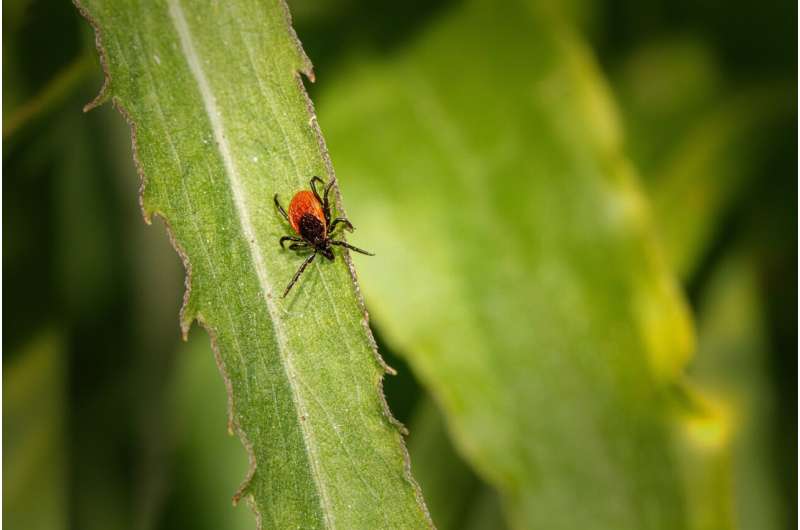Understanding Why Urban Children Are More Susceptible to Allergies

New research reveals immune system differences in urban versus rural children that explain the higher allergy rates among city-dwellers, highlighting the role of microbial exposure and immune cell development.
Recent research has shed light on the reasons behind the higher prevalence of allergies among children living in urban environments compared to their rural counterparts. Scientists from the University of Rochester Medical Center have identified a distinct subset of immune cells, particularly a type of T helper 2 (Th2) cells, that appear to play a crucial role in the development of allergic diseases in infants.
This study, published in the journal Allergy, found that urban infants have higher levels of pro-allergic Th2 cells, which are more inflammatory and may contribute to allergic responses. Conversely, infants from rural farming communities, such as the Old Order Mennonites in New York, exhibit a greater abundance of regulatory T cells that help maintain immune balance and reduce allergy risks.
The researchers believe that differences in early-life exposures to microbes and environmental factors influence immune system development. Rural environments, rich in microbial diversity due to exposure to farm animals and natural bacteria, seem to support the development of a more tolerant immune system. On the other hand, urban settings, with less microbial exposure, may promote the emergence of immune cells predisposed to allergic inflammation.
This work emphasizes the impact of early microbiome development on immune health and allergy susceptibility. The team is conducting further studies to uncover protective factors in rural environments, which could lead to preventive strategies such as probiotics or microbiome-supporting interventions designed to reduce allergy risks in urban children.
Understanding the immune mechanisms behind this disparity can pave the way for targeted therapies and preventive measures to combat the rising trend of allergies in urban populations.
Stay Updated with Mia's Feed
Get the latest health & wellness insights delivered straight to your inbox.
Related Articles
Adopting Healthy Habits May Slow Brain Aging, New Research Finds
A new study shows that healthy habits like good sleep, stress management, social support, and optimism can slow brain aging, promoting healthier cognitive function into older age.
Rising Migration of Ticks Threatens Increased Disease Transmission Risks
The migration of tick populations into new regions, driven by climate change, heightens the risk of tick-borne diseases. Monitoring efforts are vital for public health and disease prevention.
Reducing Energy Waste: Turning Off Idling CT Scanners Can Save Significant Power
A groundbreaking Australian study shows that turning off idle CT scanners saves energy equivalent to powering a household for a year, highlighting sustainable practices in healthcare.



